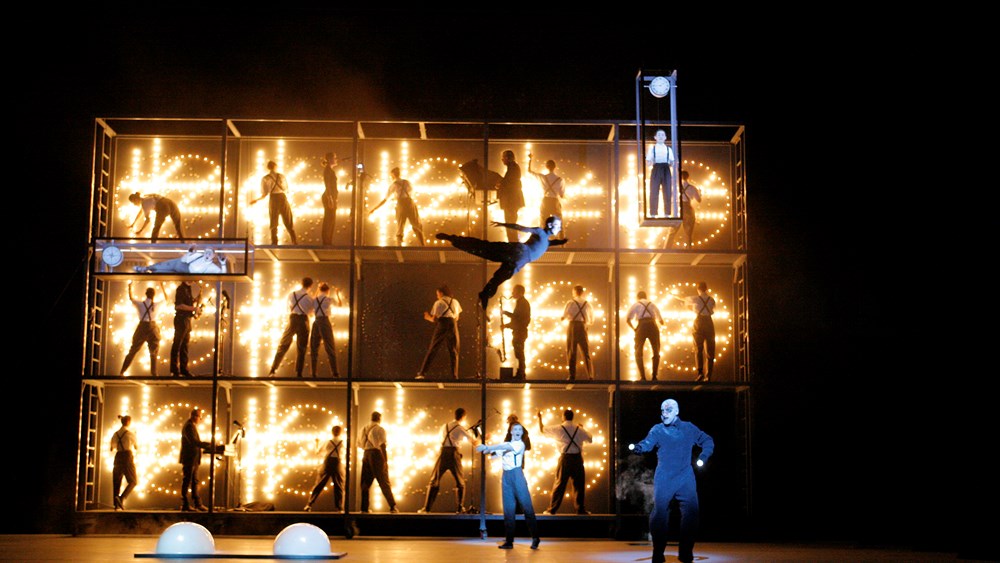Outstanding Works, Decade by Decade: The 1970s
Leading critics select their favorite American operas
WYNNE DELACOMA
contributor, Musical America
Treemonisha (Scott Joplin)
PATRICK DILLON
contributor, Opera Canada, Opera News
Sweeney Todd (Stephen Sondheim/Hugh Wheeler)
JANOS GEREBEN
contributor, San Francisco Classical Voice
Einstein on the Beach (Philip Glass/Christopher Knowles)
GEORGE LOOMIS,
contributor, Financial Times, Opera
Einstein on the Beach
KYLE MACMILLAN,
contributor, Chicago Sun-Times
Summer and Smoke (Lee Hoiby/Lanford Wilson)
SARAH BRYAN MILLER,
critic, St. Louis Post-Dispatch
Miss Havisham’s Fire (Dominick Argento/John Olon-Scrymgeour)
NOEL MORRIS,
producer, WFMT Radio Network
Sweeney Todd
FRANK OTERI,
co-editor, NewMusicBox
Einstein on the Beach
FRED PLOTKIN,
contributor, WQXR.com
Of Mice And Men (Carlisle Floyd)
JOHN ROCKWELL
contributor, Opera, Financial Times
Einstein on the Beach
RICHARD SASANOW
opera editor, Broadway World
Sweeney Todd
JENNA SIMEONOV
editor, Schmopera
Einstein on the Beach
STEVE SMITH
editor, National Sawdust Log
Einstein on the Beach
BRIN SOLOMON
contributor, National Sawdust Log
A Water Bird Talk (Dominick Argento)
HEIDI WALESON
critic, The Wall Street Journal
Of Mice and Men

Einstein on the Beach
A revolution to some, an aberration for others: Einstein on the Beach, the five-hour opera in four acts by composer Philip Glass and director/producer Robert Wilson, was unlike anything that had come before it. Eschewing virtually all operatic conventions, the watershed work — introduced in Avignon in 1976, and reprised later that year when Glass and Wilson rented the Metropolitan Opera House for two performances — offered a dreamlike sequence of sublimely lit tableaus. The libretto, comprising texts by Christopher Knowles, Lucinda Childs and Samuel M. Johnson, was declaimed rather than sung; a chorus intoned numbers and solfege syllables offstage. Dancers occupied the stage, their angular, repetitive movements echoing Glass’ rumbling drones, gentle arpeggios and frenetic surges. Whether the work was meant to evoke an atomic apocalypse remains subject to debate — but Einstein on the Beach blew wide open doors of possibility for contemporary opera, and firmly established Glass and Wilson as eminent figures in the art form for decades to come. — Steve Smith
This article was published in the Fall 2019 issue of Opera America Magazine.




